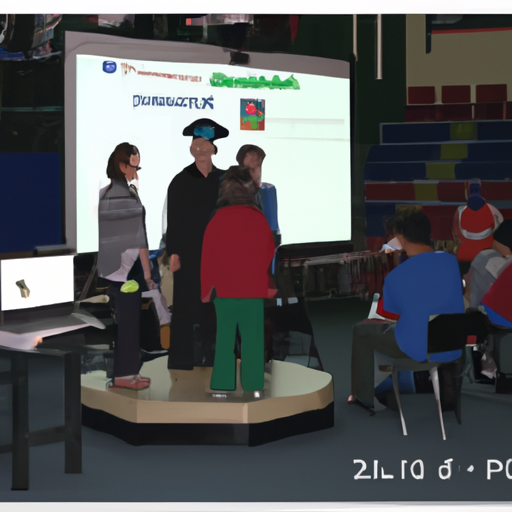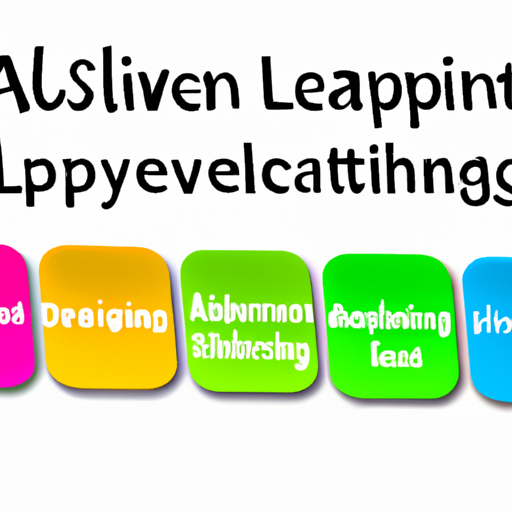In recent years, the education sector has witnessed a significant shift towards personalized learning platforms. These innovative solutions harness the power of adaptive technology to cater to the unique learning needs of students, enhancing their educational experience and outcomes.
What is Personalized Learning?
Personalized learning involves tailoring the educational experience to individual learning styles, strengths, and interests. Unlike traditional one-size-fits-all approaches, personalized learning allows students to progress at their own pace, engage with content that resonates with them, and develop skills that align with their goals.
The Benefits of Using Personalized Learning Platforms
- Individualized Learning Paths: Students can follow customized learning paths that suit their pace and learning preferences.
- Increased Engagement: By accommodating diverse interests, personalized learning platforms capture students’ attention, increasing their engagement levels.
- Real-time Feedback: These platforms provide instant feedback, enabling students to understand their mistakes and improve continuously.
- Data-Driven Insights: Educators can utilize analytics from personalized learning platforms to track student progress and tailor instruction accordingly.
The Role of Technology in Personalized Learning
Advancements in EdTech have been pivotal in the development of personalized learning platforms. Features like AI-driven algorithms, learning analytics, and cloud-based solutions enable these platforms to adapt content and assessments in real time, making learning more efficient and effective.
Challenges and Considerations
Despite the advantages, there are challenges in implementing personalized learning platforms. Issues such as access to technology, data privacy concerns, and the need for teacher training must be addressed to ensure successful adoption.
Conclusion
As we move towards a more individualized approach to education, personalized learning platforms are at the forefront of this transformation. They empower both students and educators by leveraging technology to create a more inclusive and effective learning environment. The future of education is here, and it’s personalized.






